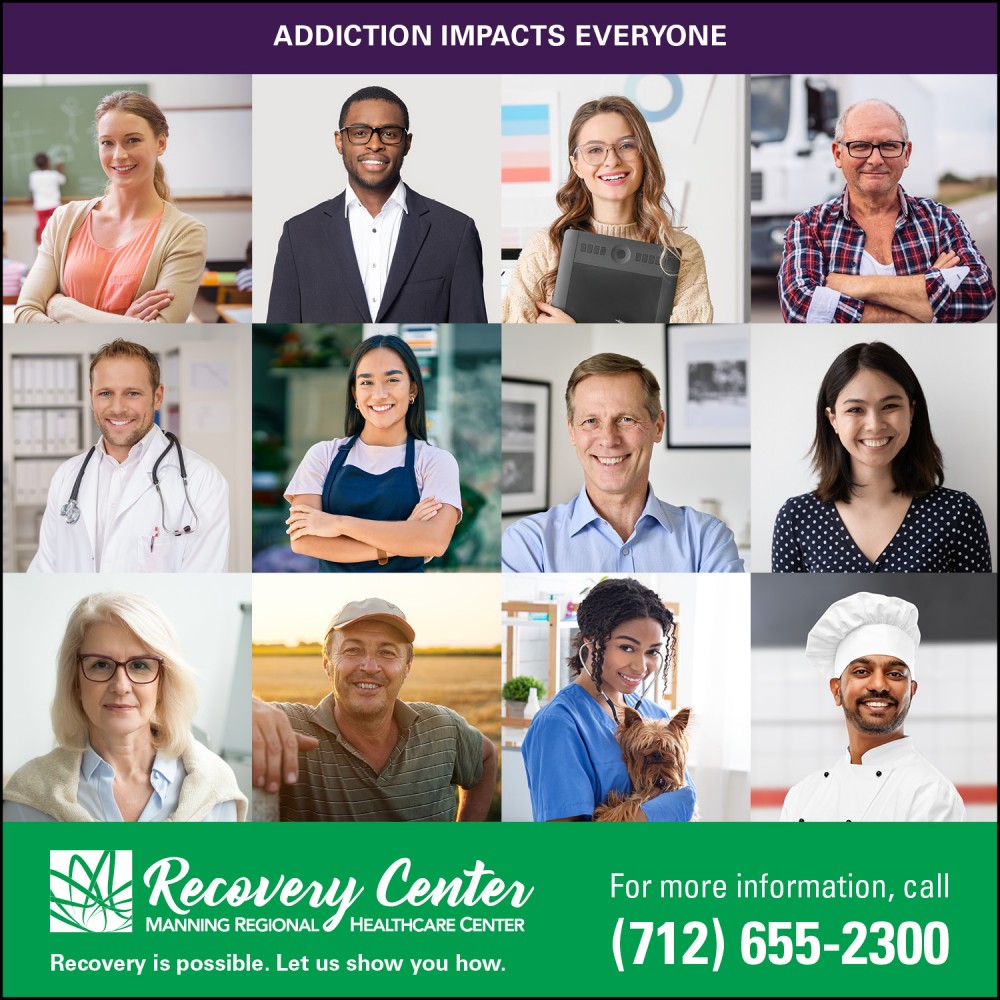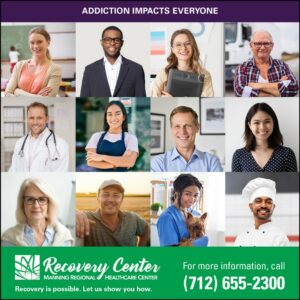MRHC’s, Joy Blom, has held several different roles throughout her career in healthcare. What started out as working as an LPN on a med/surg and OB/nursery unit, eventually led to Blom finding a home at MRHC and to her current role as Director of Surgical Services. 
“While working as a nurse, I utilized the tuition assistance program and went back to school to obtain my RN,” said Blom. “I worked as a charge nurse after I obtained my RN and then took a job as the MDS coordinator.”
Blom worked for the Manning Plaza for 16 years before transitioning over to the hospital.
“I took the Nursing IT Coordinator position but also cross trained to the ER and surgery departments, helping in those areas when the need arose. Then, in 2020, I took the job as Director of Surgical Services,” said Blom.
Not only has Blom been able to advance in her healthcare career, but she is able to do so ‘close to home’, something she is grateful for.
“I enjoy having a job close to home so I can spend time with my family and attend my kids’ events,” shared Blom. “I really like the people I work with too. They are like a second family to me.”
Blom attributes her career growth and success largely to her fellow employees and MRHC in general.
“MRHC has an encouraging, supportive, and excellent team environment.” Blom shared. “Everyone is always willing to lend a helping hand to ensure the best outcome for our patients.”
As Blom continues to advance in her career, she has big goals, not only for her future but Manning Regional as well.
“I hope to continue to gain knowledge in the surgery area and continue to expand the surgical services we offer,” Blom said.
In addition to general surgeries, MRHC has expanded their surgical offerings throughout the past few years. Total knee replacements and ear, nose, and throat procedures, in addition to outpatient surgeries in the areas of hand and microvascular, gynecology, urology, podiatry are performed in Manning.
“We are proud of our surgery department and have had an increased focus on providing a wider variety of procedures at MRHC,” said CEO Linn Block, RN, BSN, MHA. “Attracting specialists to rural Iowa is often difficult, however we continue to be strategic in recruiting providers who can perform the services our patients need. Our patients appreciate having their outpatient procedures performed closer to home.”
To learn more about the outpatient procedures offered at MRHC or for a current list of job openings, visit www.mrhcia.com or call (712) 655-2072 for more information.

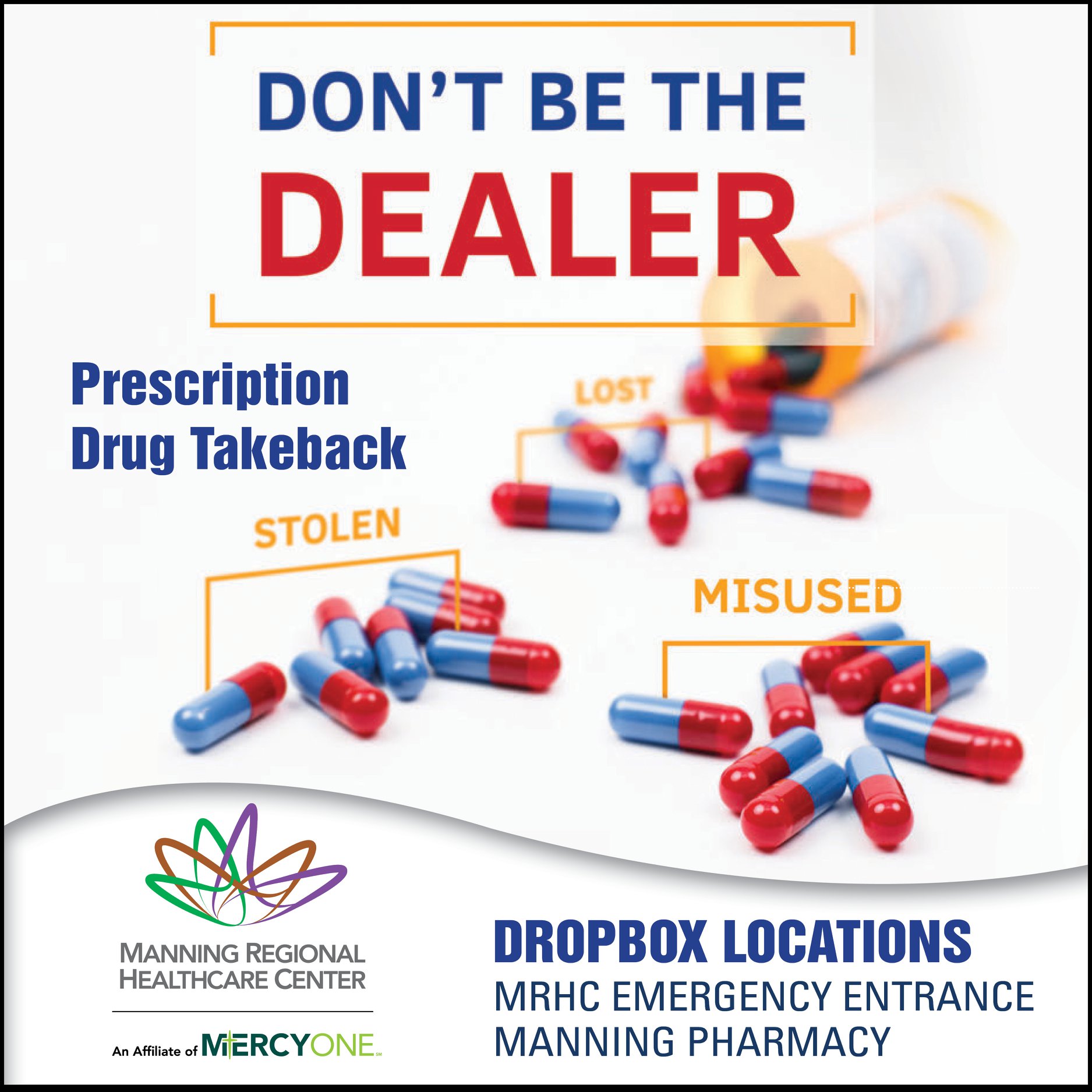
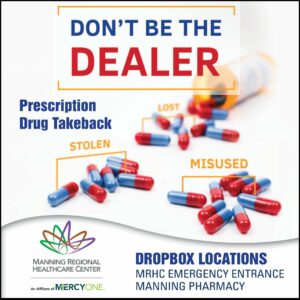
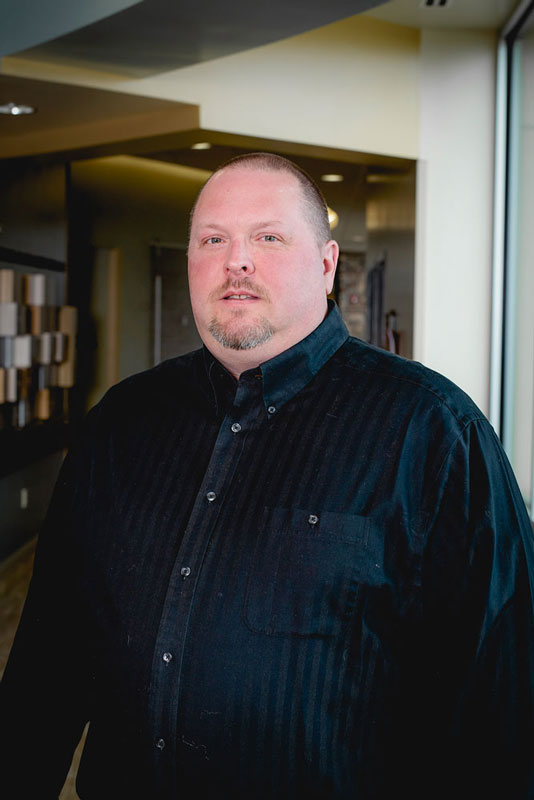
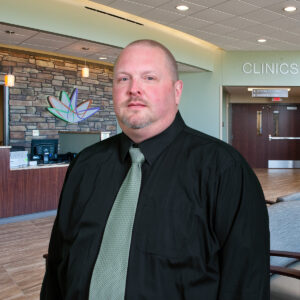 By Bradley Madsen, Recovery Clinical Coordinator
By Bradley Madsen, Recovery Clinical Coordinator